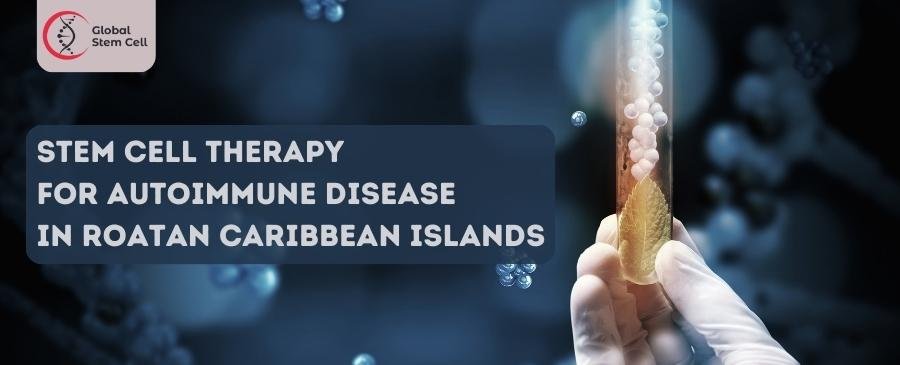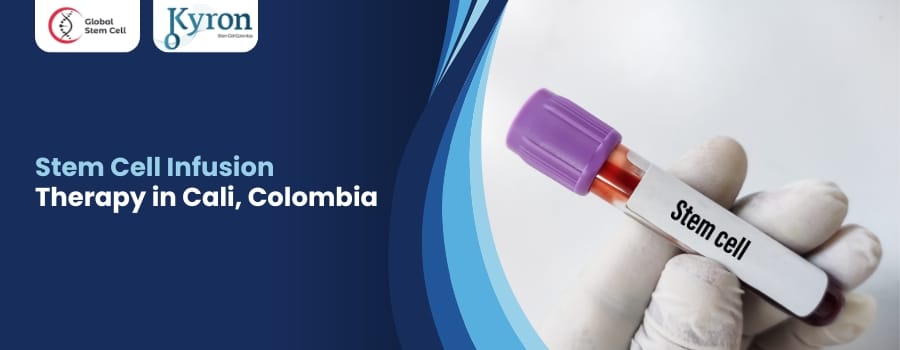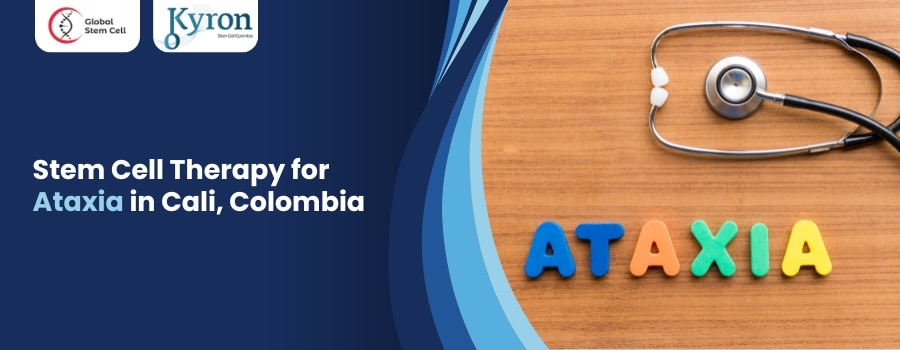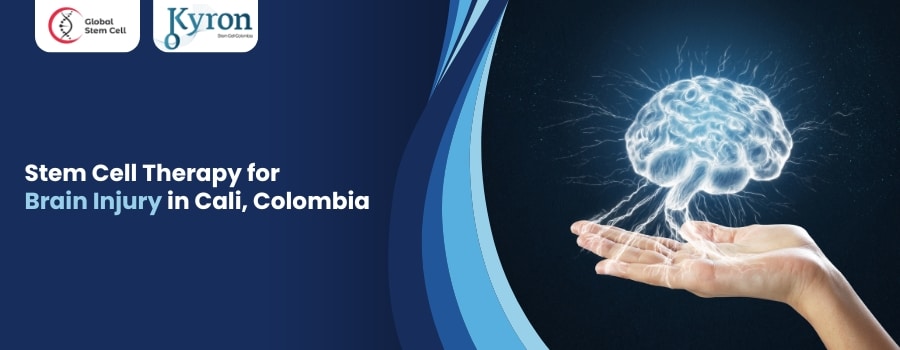
Healing in Paradise – The Emergence of Stem Cell Therapy for Autoimmune Diseases in Roatan
Table of Content
Imagine a place where the serene beauty of sandy beaches and crystal-clear waters meets cutting-edge medical innovation. Welcome to Roatan, a gem in the Caribbean, not just for its breathtaking landscapes but also as a beacon of hope for those battling autoimmune diseases. Here, nestled in this slice of paradise, the GARM Clinic is pioneering a medical revolution: the use of stem cell therapy to treat autoimmune conditions.
In this article, we’re diving into the heart of Roatan, exploring how this idyllic island is becoming synonymous with groundbreaking healthcare. The GARM Clinic, with its team of visionary doctors and state-of-the-art facilities, isn’t just another medical center; it’s a place where science and nature coalesce, offering a unique approach to healing.
What are Autoimmune Disease?
Autoimmune diseases are conditions in which the body’s immune system mistakenly attacks its own cells, tissues, or organs. Normally, the immune system is designed to protect the body from foreign invaders such as bacteria, viruses, and other pathogens. In autoimmune diseases, however, the immune system fails to distinguish between foreign invaders and the body’s own cells, leading to a variety of chronic and potentially debilitating conditions.
Types of Autoimmune Diseases
There are many types of autoimmune diseases, and they can affect different parts of the body. Here are some common examples:
- Rheumatoid Arthritis (RA): This condition primarily affects the joints, causing inflammation, pain, swelling, and eventually can lead to joint damage.
- Type 1 Diabetes: In this condition, the immune system attacks the insulin-producing cells in the pancreas, leading to high blood sugar levels.
- Multiple Sclerosis (MS): MS is characterized by the immune system attacking the protective covering of nerves, disrupting communication between the brain and the body and leading to a range of neurological symptoms.
- Lupus (Systemic Lupus Erythematosus, SLE): This is a systemic condition that can affect many different body systems, including joints, skin, kidneys, blood cells, brain, heart, and lungs.
- Psoriasis: A skin condition where the immune system causes skin cells to multiply too quickly, leading to red, scaly patches on the skin.
- Inflammatory Bowel Disease (IBD): This term encompasses conditions like Crohn’s disease and ulcerative colitis, where the immune system attacks the lining of the digestive tract.
How much cost for Stem Cell Therapy for Autoimmune Diseases in Roatan Caribbean Island?
The cost of stem cell therapy for autoimmune diseases in Roatan, Caribbean Island ranges between $14,500 to $17,500.
| Procedure | Cost in USD |
| Stem Cell Treatment for Autoimmune Disease | $14,500 – $17,500 |
This cost variation can depend on several factors, including:
- Type of Treatment: Different autoimmune diseases may require different protocols or types of stem cell therapy, which can affect the cost.
- Number of Treatments Needed: Some conditions might require multiple sessions of therapy, which can increase the overall cost.
- Complexity of the Condition: More severe or advanced autoimmune diseases might need a more intensive treatment approach, possibly raising the cost.
- Included Services: The cost may cover not just the therapy itself, but also other associated services such as consultations, follow-up care, and potentially accommodations, especially in a destination like Roatan.
- Facility and Equipment: High-end facilities with state-of-the-art equipment and technology may charge more for their services.
- Expertise of the Medical Team: Clinics with highly experienced and specialized medical professionals might have higher fees.
Procedure of Stem Cell Therapy for Autoimmune Disease
Stem cell therapy for autoimmune diseases involves a multi-step process, aimed at using stem cells to modulate the immune system and repair damaged tissues. While the specific procedure can vary depending on the type of stem cell used, the disease being treated, and the treatment protocol of the clinic, here is a general outline of the process:
- Initial Consultation and Evaluation: The process usually begins with a thorough medical evaluation, including a review of the patient’s medical history, current health status, and the specifics of their autoimmune condition. This step may involve various tests and assessments to determine the suitability of stem cell therapy for the patient.
- Stem Cell Source Selection: Stem cells can be sourced from various places. The most common sources include: Autologous Stem Cells: These are harvested from the patient’s own body, typically from bone marrow or adipose (fat) tissue. Allogeneic Stem Cells: These come from a donor and can include umbilical cord blood or tissue.
- Harvesting Stem Cells (if Autologous): If the patient’s own stem cells are being used, they are harvested through a procedure like a bone marrow aspiration or liposuction. This step is skipped if donor cells are used.
- Processing and Culturing Stem Cells: Harvested stem cells are then processed and possibly cultured in a lab to increase their numbers. The specific processing method can vary and is crucial for ensuring the purity and viability of the stem cells.
- Preparation for Infusion or Injection: The patient is prepared for the stem cell transplantation, which might involve standard pre-treatment procedures like fasting or medication adjustments.
- Stem Cell Administration: The stem cells are administered to the patient. This can be done through various methods: Intravenous Infusion (IV): Common for systemic treatment. Direct Injection: Into specific tissues or joints. Intrathecal Injection: Into the spinal canal, especially for neurological conditions.
- Post-Procedure Monitoring: After the administration, patients are typically monitored for any immediate reactions or complications.
- Follow-Up Care: Follow-up appointments are crucial to monitor the patient’s response to the treatment, manage any side effects, and assess the need for additional therapy sessions.
- Rehabilitation and Lifestyle Adjustments: In some cases, patients may undergo rehabilitation or be advised to make lifestyle adjustments to support the effectiveness of the therapy.
Why Choose GARM Clinic for Stem Cell Treatment for Autoimmune Diseases?
Choosing GARM Clinic for stem cell treatment, particularly for autoimmune diseases, can be attributed to several key factors that patients might consider:
- Specialization in Stem Cell Therapy: GARM Clinic is known for its focus on stem cell treatments, which means they likely have a wealth of experience and specialized knowledge in this area. This specialization can be crucial for complex treatments like those for autoimmune diseases.
- Expert Medical Team: The clinic often boasts a team of experienced and highly trained medical professionals. These experts are likely to be up-to-date with the latest advancements in stem cell research and treatment protocols.
- Advanced Technology and Techniques: GARM Clinic might use state-of-the-art technology and innovative techniques in their treatments. This can enhance the safety and efficacy of the stem cell therapy offered.
- Personalized Treatment Plans: Understanding that each case of autoimmune disease is unique, the clinic might offer personalized treatment plans tailored to the specific needs and health status of each patient.
- Quality Care and Support: Patients may choose GARM Clinic for the quality of care and support they receive throughout the treatment process, from initial consultation through follow-up care.
- Positive Patient Outcomes: Testimonials or case studies demonstrating successful treatment outcomes for patients with autoimmune diseases can be a strong factor in choosing GARM Clinic.
- Location and Environment: The clinic’s location in Roatan, Caribbean Island, offers a serene and relaxing environment that might be conducive to patients’ overall well-being and recovery.
- Regulatory Compliance: If GARM Clinic adheres to strict regulatory standards and ethical guidelines in their treatments, this can provide reassurance to patients about the safety and legitimacy of the procedures.
- Research and Innovation: The clinic’s involvement in research and continuous innovation in stem cell therapy can also be a significant draw, as it suggests a commitment to advancing treatment efficacy.
- Comprehensive Care Approach: GARM Clinic might offer a holistic approach to treatment, including adjunct therapies and lifestyle recommendations that support the effectiveness of stem cell therapy.
Contact us today to get consultation at GARM Clinic for Autoimmune disease treatment with Stem Cells.






